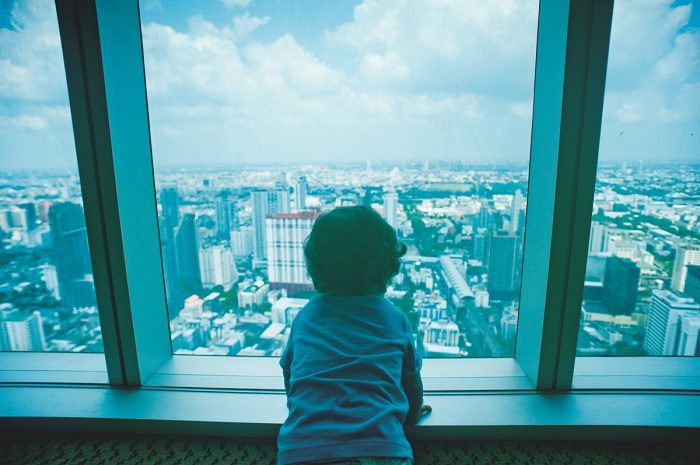
The sad reality is raising a family in big, urban areas just isn’t affordable.
Statistics show that millennials are having less kids. The idea of not having children can be devastating; especially after realizing you can’t reach the same standard of living their parents achieved.
From the rising cost in living to higher student loan debt, the future isn’t looking so child-friendly. This truth seems to be an even bigger reality in big cities like New York City where numbers show a sharp decline.
Derek Thompson, a staff writer for the Atlantic points out these startling statistics and the truth behind those numbers:
“Since 2011, the number of babies born in New York has declined 9 percent in the five boroughs and 15 percent in Manhattan. (At this rate, Manhattan’s infant population will halve in 30 years.) In that same period, the net number of New York residents leaving the city has more than doubled.”
“There are many reasons New York might be shrinking, but most of them come down to the same unavoidable fact: Raising a family in the city is just too hard. And the same could be said of pretty much every other dense and expensive urban area in the country.”
One of the biggest reasons this decline is taking place is because millennials simply can’t afford to have kids especially in urban areas where the cost of living is so high.
Economic uncertainty in turn is leading to a marked decline in fertility.
Michael K. Spencer, a writer for Utopia Press shared three major points worth noting:
“The cost of having children in the US has climbed exponentially since the 1960s.”
“In 2015, American parents spent, on average, $233,610 on child costs from birth until the age of 17, not including college.”
“Americans ages 18 to 29 had debts exceeding $1 trillion at the end of 2018.”
When looking at these statistics, it’s not surprising to think young people would be concerned with having kids, especially in urban areas. So what’s the big deal? What does it all mean?
Thompson raises some major concerns that are worth looking at:
“The economic consequences of the childless city go deeper. For example, the high cost of urban living may be discouraging some couples from having as many children as they’d prefer. That would mean American cities aren’t just expelling school-age children; they’re actively discouraging them from being born in the first place. In 2018, the U.S. fertility rate fell to its all-time low. Without sustained immigration, the U.S. could shrink for the first time since World World I. Underpopulation would be a profound economic problem—it’s associated with less dynamism and less productivity—and a fiscal catastrophe.”
It may not seem like a bid deal now but the decline in babies particularly in urban areas may have ripple effects. These trends may point to a childless future or at least a decline in the numbers of babies as we’ve known.


